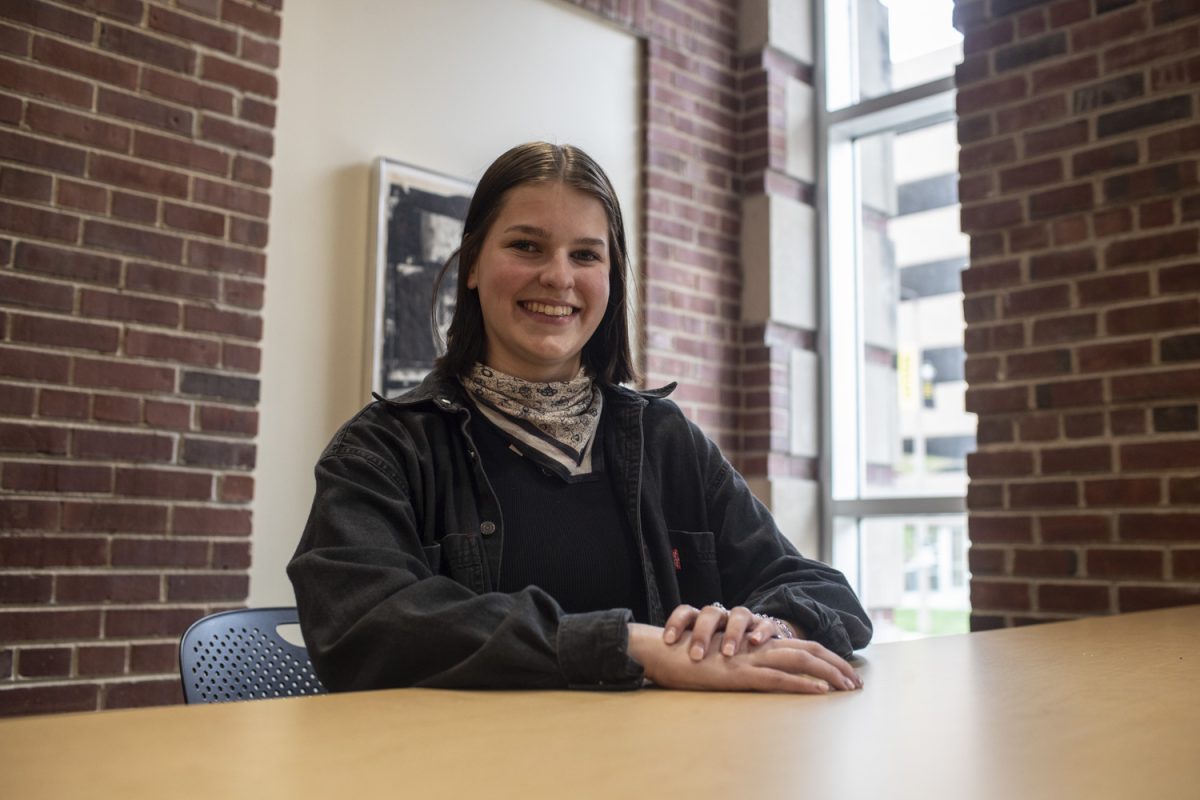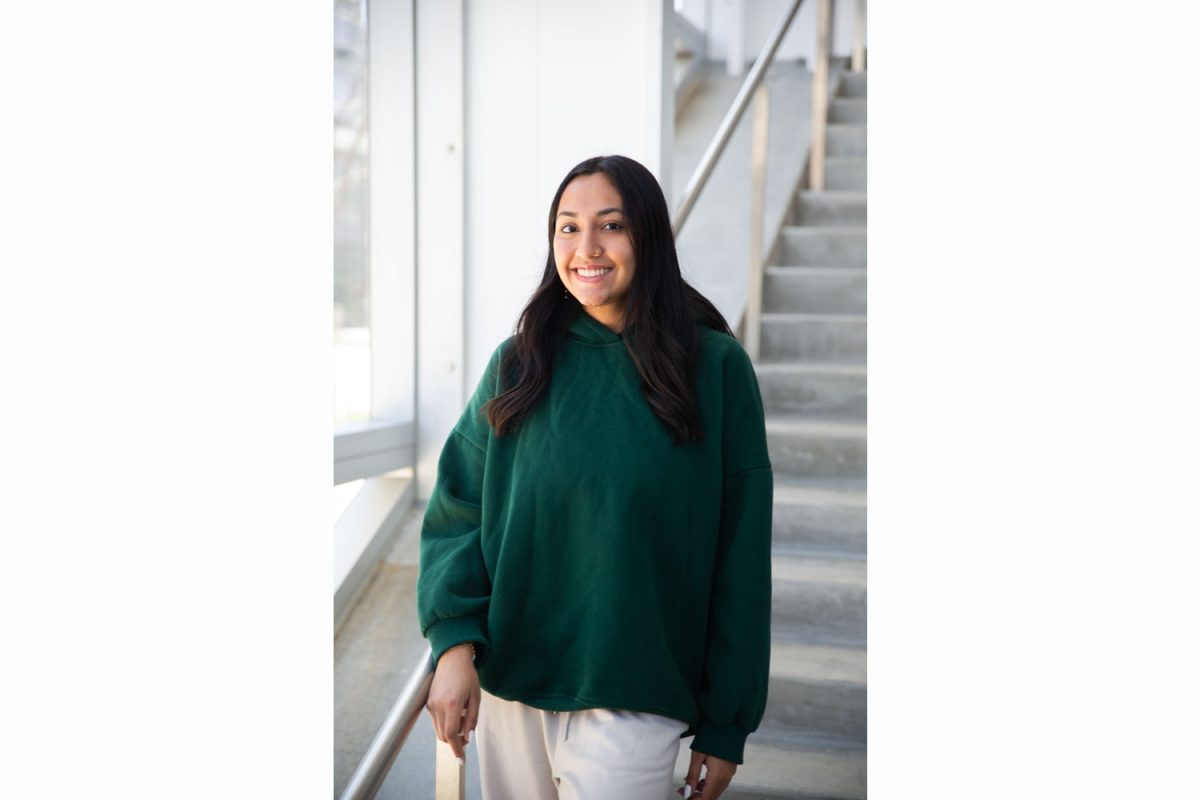University of Iowa Writers’ Workshop graduate and UI Adjunct Assistant Professor Nathaniel Minton explores the future of media and technological challenges for creative writers through his class, Creative Writing for New Media.
The Daily Iowan: How would you describe the class?
Minton: New media are whatever is going on technologically that has an effect on our work as writers. That includes changes in the products, in distribution, and in new creative forms that are made possible by digital media. New Media for Creative Writers might be a more appropriate title for this class — we’re really looking at how technology has changed the writer-reader relationship.
DI: Why did you decide to teach this class?
Minton: So many writers I know seemed to be a little scared and overwhelmed by the changes taking place in the media and content industries. The publishing business is undergoing some fundamental changes, and the role of authors and writers are evolving to suit the way people read in the 21st century.
DI: How is the class designed?
Minton: It’s set up as a workshop-oriented class with people creating work that is text-based, multimedia, audio-visual, and web-oriented. We have everything from websites to novels to viral videos, blogs, social narratives, and video games. It’s been an incredible experience to teach outside the agreed-upon forms used in most creative-writing classes.
DI: What is the goal of the class?
Minton: The goal is to create a lab-type of environment in which we could study and experiment with media forms while hoping to create meaningful work in a digital space. This approach encourages students to try new forms of media, to do things that haven’t been done before, to look for ways to enter digital spaces creatively, and to explore the new textual world in which we are living. The class poses questions to students about reading, writing, and culture and their experiments, stories, and projects attempt to respond to these issues with an inspired understanding of literature’s future.






